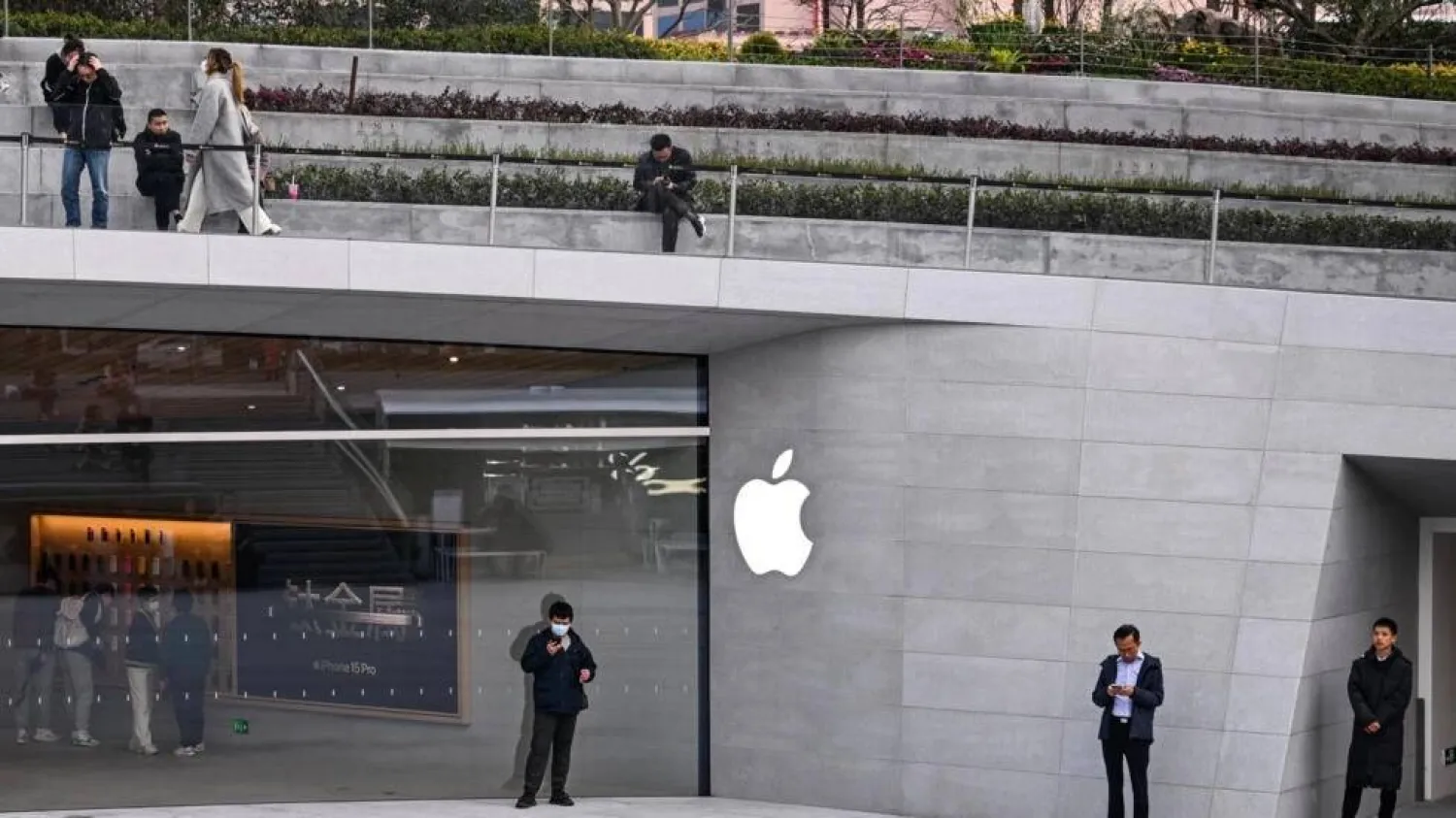Apple has removed the Meta-owned WhatsApp and Threads from its App Store in China following an order from the country's top internet regulator, Bloomberg reported Friday citing the tech giant.
Beijing engages in some of the world's most extensive internet censorship, with web users in mainland China unable to access everything from Google to many foreign apps without using a virtual private network, AFP said.
"We are obligated to follow the laws in the countries where we operate, even when we disagree," said Apple in a statement, according to Bloomberg.
"The Cyberspace Administration of China (CAC) ordered the removal of these apps from the China storefront based on their national security concerns," said Apple, referring to China's internet regulator.
"These apps remain available for download on all other storefronts where they appear."
A Meta spokesperson referred AFP to Apple, which did not immediately respond to a request for comment.
The CAC and the Ministry of Industry and Information Technology -- another top Chinese internet regulatory body -- also did not immediately respond.
China is a key market for Apple, which last year topped the country's smartphone market for the first time.
But thorny issues of censorship and national security have long hounded the US-based firm's operations in China as Beijing and Washington engage in a fierce battle for technological supremacy.
In January, China said it had cracked Apple's encrypted AirDrop communication service, which had once given protesters a vital channel for sharing information during the major 2019 pro-democracy protests in Hong Kong.
State-backed experts said in January that they had devised a way to reveal an iPhone's encrypted device log, allowing them to then identify an AirDrop user's phone number and email accounts.
Many online platforms that are popular in much of the world -- including Google, Facebook, X, WhatsApp and TikTok -- are blocked in mainland China.
But savvy iPhone users in China have still been able to download banned platforms through Apple's app store, then use a VPN to get around the restrictions.
Removing WhatsApp and Threads from the Chinese app store will greatly complicate the ability of new iPhone users to access the apps.
The latest development comes a day before a scheduled vote in the US House of Representatives to force the wildly popular video app TikTok to sever all links with its Chinese parent ByteDance.
US officials have raised concerns in recent years over potential national security and privacy threats posed by TikTok, despite repeated assurances by the firm that it presents no risks to the American public.
Beijing has frequently lashed out against US restrictions on Chinese tech, claiming they are a pretext to contain the country's economic rise.









